Strategic Program Cancer nieuws
Strategic Program Cancer nieuws
'Working in healthcare is a team sport'
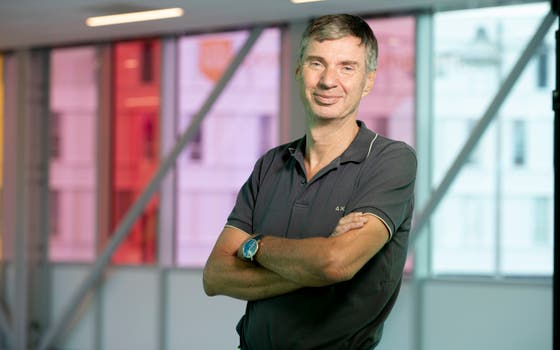
Ronald de Krijger, Professor of Pathology of Solid Childhood Tumours delivered his inaugural address at the Academy Building of Utrecht University on 4 July. His message: 'In connection, developments within pathology allow us to further improve care for children with cancer.'
Read moreBacterial metabolites involved in risk of IBD and colorectal cancer
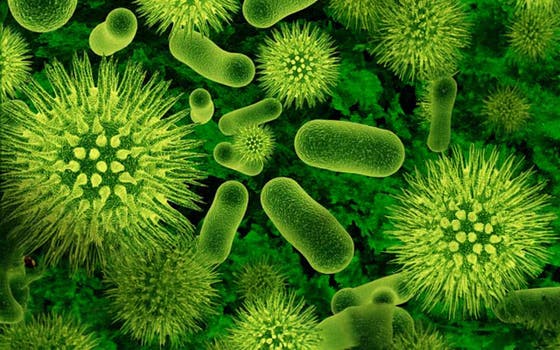
PhD research by Coco Duizer (UMC Utrecht) provides insights into the detrimental effects of bacterial-derived metabolites (in particular ADP-heptose and butyrate) on the intestinal epithelium. This was accomplished using Fusobacterium nucleatum and Campylobacter jejuni, which also provided insights into pathogenic effects of these bacterial species. The results expand existing knowledge on microbiota-derived metabolites in intestinal diseases such as IBD, colorectal cancer and acute gastroenteritis.
Read moreAI helps pathologists at UMC Utrecht detect metastases in breast cancer faster and cheaper
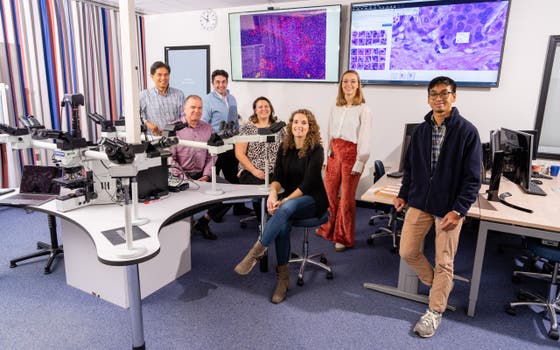
Research from UMC Utrecht shows that AI can help pathologists perform sentinel node assessment more efficiently. This assessment is performed to detect breast cancer metastases. Implementing AI assistance for the detection of these metastases is safe, it significantly reduces costs, it saves pathologists time and it makes their work more enjoyable. The research group's findings were published today in the scientific journal Nature Cancer.
Read moreKidney tumors in children: specific diagnosis with MRI
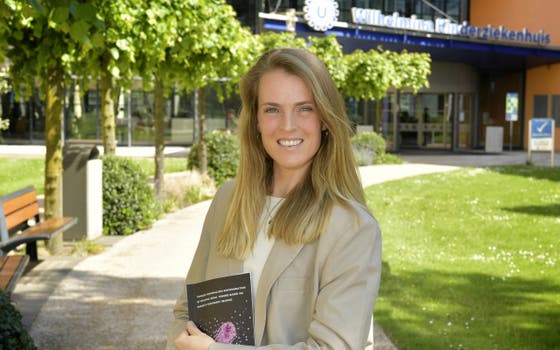
Justine van der Beek researched how different types of kidney tumors can be distinguished using MRI scans.
Read moreAssumption about cause DNA damage debunked
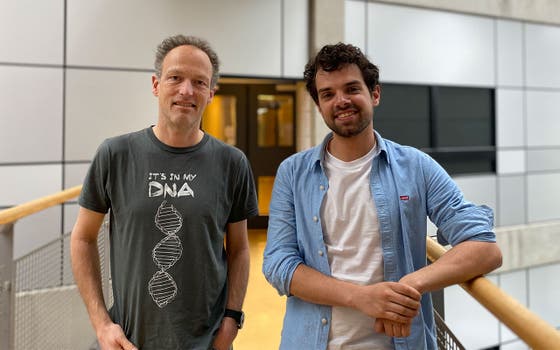
Worldwide, many supplements containing antioxidants, such as vitamins C and E, are being sold. These supplements would prevent cancer and ageing. New research from UMC Utrecht calls the rationale behind the protective role of antioxidants into question, putting the use of supplements with high doses of antioxidants in a different light.
Read more"I'm a real tech guy"
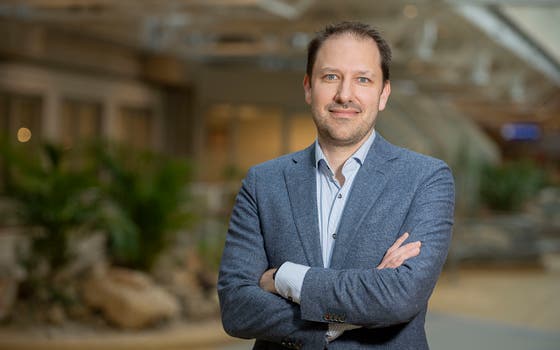
How do diseases develop? How can we recognize them more quickly? And how can we treat them in a more targeted way? By analyzing very large amounts of molecular data with the latest developments in artificial intelligence (AI). This is what Jeroen de Ridder is dedicated to. As of 1 April 2024, he has been appointed as professor of bioinformatics in molecular biology at UMC Utrecht, within the Strategic Program Cancer.
Read moreFocus on side effects of immunotherapy
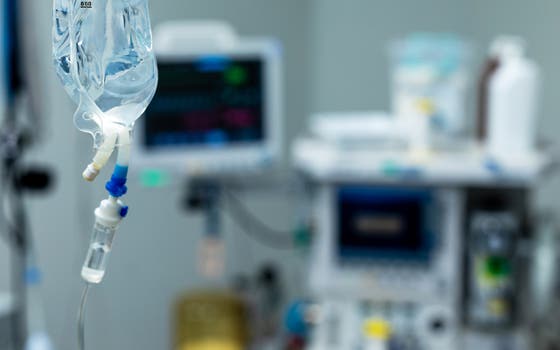
More research into the side effects of immunotherapy for cancer is highly needed. That is the message of researchers from Utrecht with their article in the journal Nature Cancer. These side effects vary widely, from skin rashes to inflammation of the heart. Focus on side effects of immunotherapy
Read moreFocus on older colorectal cancer patients
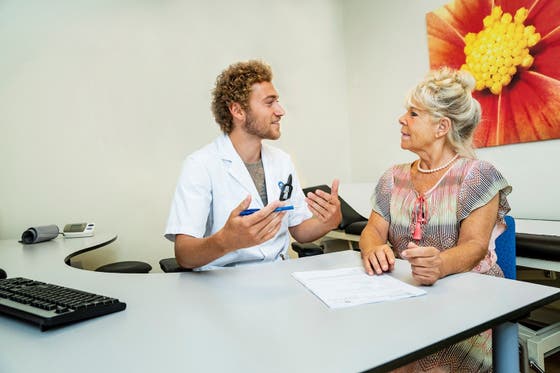
Colon cancer occurs mainly in older people. Yet, there is a striking lack of research specifically aimed at older patients with colorectal cancer. Researchers at UMC Utrecht want to change this. The aim is to provide a more effective, less burdensome tailor-made treatment for older people with metastatic colorectal cancer.
Read moreLieve Tytgat appointed professor of biomarkers
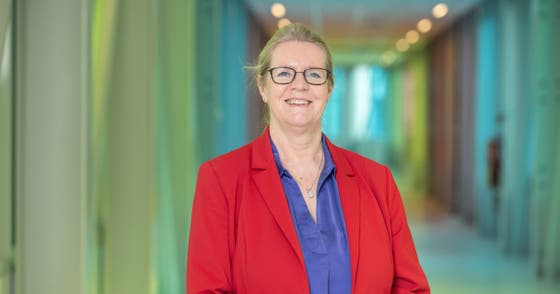
How can we better monitor the disease progression of children with solid tumors? That is the question Lieve Tytgat focuses on. As of 1 January 2024, she has been appointed professor of biomarkers in pediatric solid tumors at UMC Utrecht. She primarily focuses on the further development of blood and urine tests to better detect and monitor childhood cancer. "If necessary and possible, we can then adjust the treatment more quickly."
Read moreUMC Utrecht and Philips speed up development of image-guided treatments
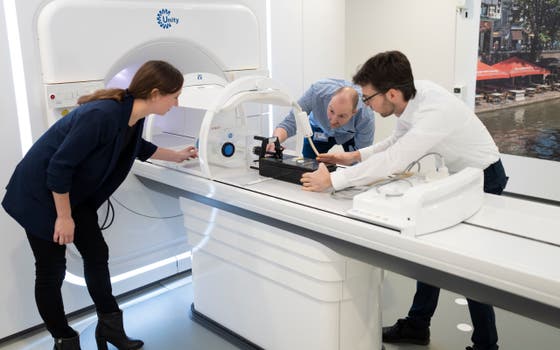
UMC Utrecht and Philips are bringing together healthcare professionals, researchers and technicians in a 'fieldlab'. Here, they will develop new innovative technology and software to benefit healthcare. The goal is to devise less burdensome and more efficient treatments for patients, while at the same time realizing a more sustainable healthcare system.
Read more
